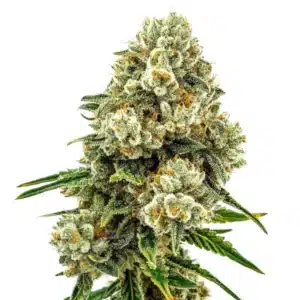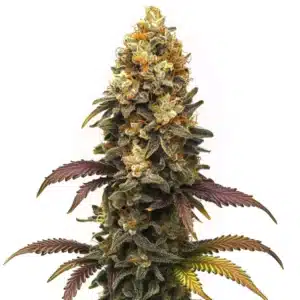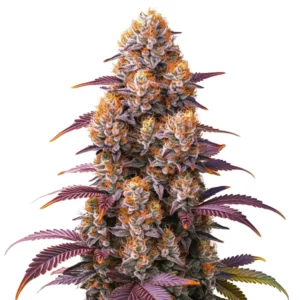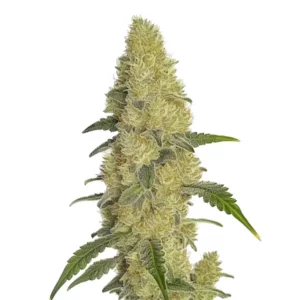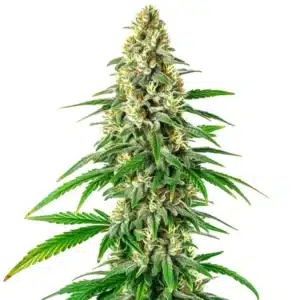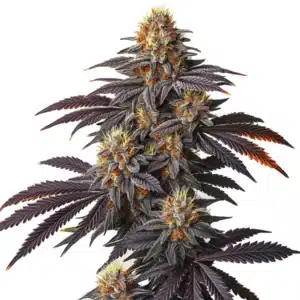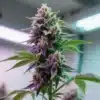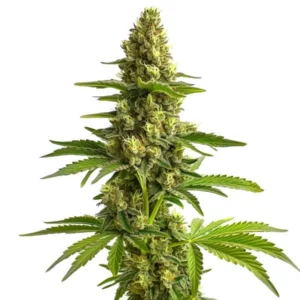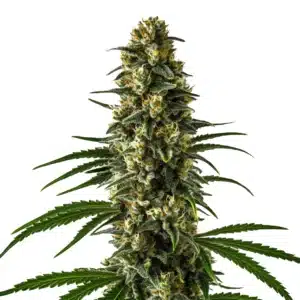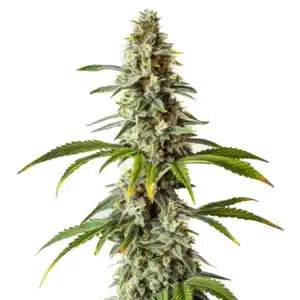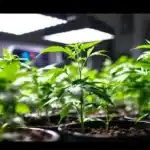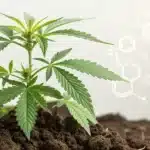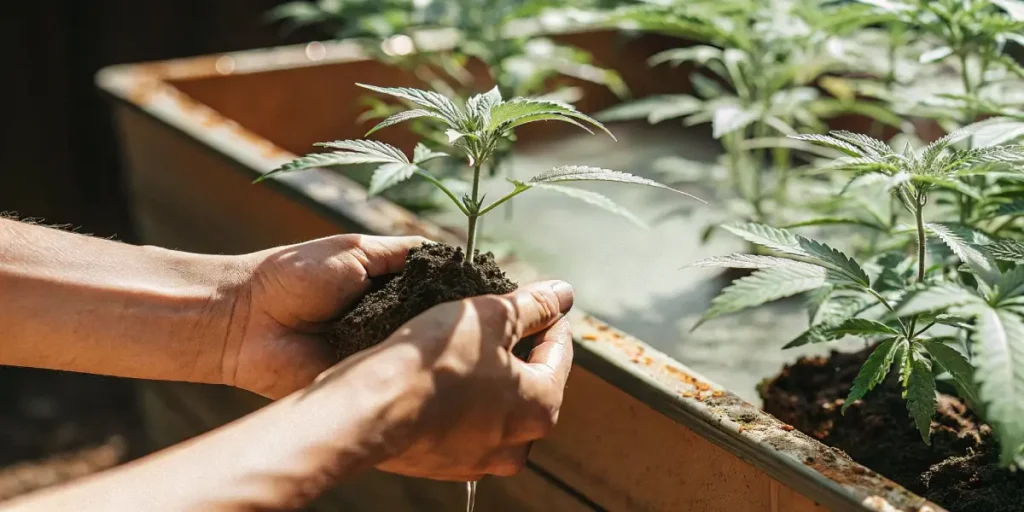
Soil vs. Hydroponics for Water Management in Weed
When it comes to growing cannabis, the choice between soil vs. hydroponics for water management in weed is a significant decision. Each method has its own benefits and challenges. For first-time growers, this can be a bit overwhelming. Let’s break it down.
Soil, the traditional medium, is known for its natural feel and forgiving nature. It retains moisture effectively, which is crucial in water management. However, hydroponics offers precision. By delivering nutrients directly to the roots, water usage is optimized. This difference plays a vital role in soil vs. hydroponics for water management in weed.
Recommended Strains
Acid Diesel
|
|
THC | 18% - 20% (Medium) |
|
|
Type | Feminized |
|
|
Yield | Low |
|
|
Phenotype | 60% Indica / 40% Sativa |
BC Diesel
|
|
THC | 18% - 20% (Medium) |
|
|
Type | Feminized |
|
|
Yield | Medium |
|
|
Phenotype | 35% Indica / 65% Sativa |
Water conservation in hydroponic vs soil weed farming is a hot topic. Hydroponics generally uses less water. This is because the system recirculates water, minimizing waste. In contrast, soil can lead to more water seepage and evaporation. Knowing this can help in making an informed decision.
Soil Efficiency Compared to Hydroponics in Weed Cultivation
Soil has been the go-to medium for many growers. Its natural composition provides a buffer for nutrients and water. This means if you overwater, the soil can absorb some of that excess. But how does this relate to efficiency?
Hydroponic systems, on the other hand, deliver nutrients directly to the plant’s roots. This increases growth rates and can lead to higher yields. For example, strains like Grape Ape thrive in hydroponic setups due to their need for controlled environments.
The soil’s ability to buffer nutrients can be both a blessing and a curse. While it prevents nutrient burn, it can also slow down the plant’s absorption efficiency compared to hydroponics. This is where soil efficiency compared to hydroponics in weed cultivation comes into play, influencing the grower’s choice based on their goals.
In hydroponic systems, the precise delivery of nutrients can be adjusted swiftly to meet the plant’s needs, making it a dynamic and adaptable method. This means that with proper management, hydroponics can surpass soil in terms of growth speed and resource efficiency, a crucial consideration in soil vs. hydroponics for water management in weed.
- Soil offers a natural nutrient buffer.
- Hydroponics provides direct nutrient delivery.
- Hydroponic systems can lead to faster growth rates.
Promos & Deals
Comparing Water Use in Soil and Hydroponic Weed Growing
One of the primary concerns for growers is water usage. Soil tends to require more water due to evaporation and runoff. This can be a disadvantage in areas where water is scarce.
In hydroponics, water is recirculated. This means that less water is wasted. The system allows for precise control over how much water the plants receive. This is beneficial for strains like Gelato, which perform well with consistent moisture levels.
Comparing water use in soil and hydroponic weed growing reveals significant differences in efficiency. While soil provides a more natural environment, hydroponics excels in water conservation, which is vital in regions with limited water resources.
Moreover, the ability to fine-tune water delivery in hydroponics can lead to healthier plants and reduced water bills. This precision not only supports sustainable practices but also enhances the grower’s ability to adapt to different cannabis strains, highlighting the benefits of soil vs. hydroponics for water management in weed.
- Hydroponics recirculates water, reducing waste.
- Soil may lead to more water evaporation and runoff.
- Precise water control is possible in hydroponic systems.
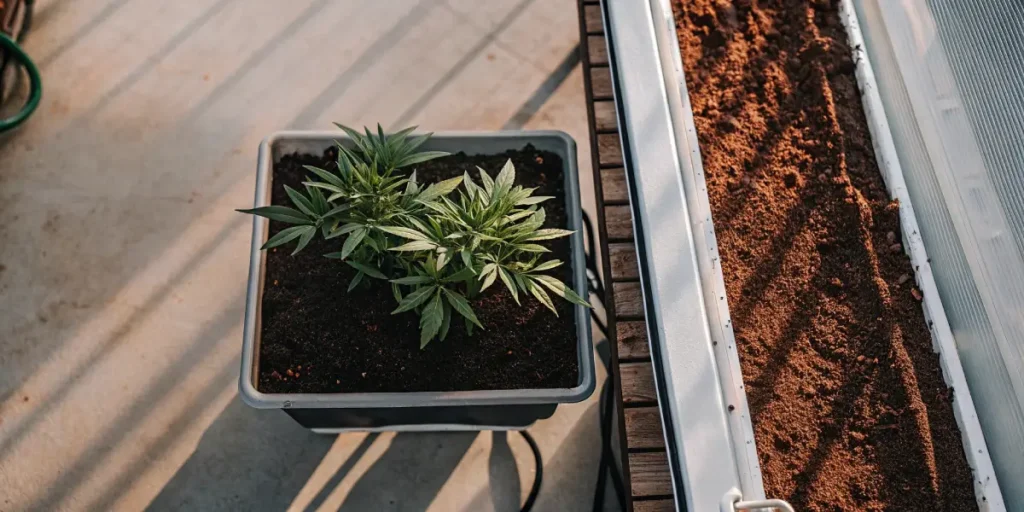
Sustainable Water Management in Weed Production: Soil vs. Hydroponics
Sustainability is becoming increasingly important. Hydroponics offers a more sustainable approach by conserving water. This method uses up to 90% less water compared to soil-based methods. It’s a compelling choice for eco-conscious growers.
Soil-based growing methods, while traditional, can be improved with techniques like mulching. This helps reduce evaporation. However, it still can’t match the efficiency of hydroponics. Strains such as Bruce Banner 3 benefit from the sustainable practices found in hydro setups.
Sustainable water management in weed production soil vs hydroponics is not only about reducing water use but also about minimizing the environmental impact. Hydroponics’ closed-loop systems ensure that fewer resources are wasted, contributing to a greener cultivation process.
However, soil-based methods can still play a role in sustainable farming. By adopting organic practices and efficient irrigation systems, growers can reduce their environmental footprint. Nevertheless, for those prioritizing water conservation in hydroponic vs soil weed farming, hydroponics remains the superior choice.
Looking at the broader picture, sustainable water management in weed production soil vs hydroponics is not just about water. It’s also about the overall environmental impact. Hydro systems tend to have a smaller footprint due to their efficient resource use.
Hydroponic Weed Farming Water Usage vs Soil-Based Methods
Water usage is a critical factor in choosing between hydroponics and soil. Hydroponic systems are designed to use water efficiently. They often employ a closed-loop system, meaning water is reused until it’s depleted of nutrients.
Soil-based methods, however, can be less predictable. Factors like soil type and climate can greatly affect water needs. For example, sandy soils might require more frequent watering. This unpredictability can be a challenge for new growers.
When considering hydroponic weed farming water usage vs soil-based methods, it’s essential to recognize the advantages of a controlled environment. Hydroponics allows for consistent monitoring and adjustment of water and nutrient levels, leading to optimized plant growth.
In contrast, soil-based methods require more attention to natural conditions and soil amendments to maintain ideal moisture levels. This can be labor-intensive and less predictable. For those weighing soil vs. hydroponics for water management in weed, hydroponics provides more stability and efficiency.
- Hydroponics uses a closed-loop system for water efficiency.
- Soil type and climate affect water needs in soil-based growing.
- Hydroponics can offer more predictable water usage patterns.
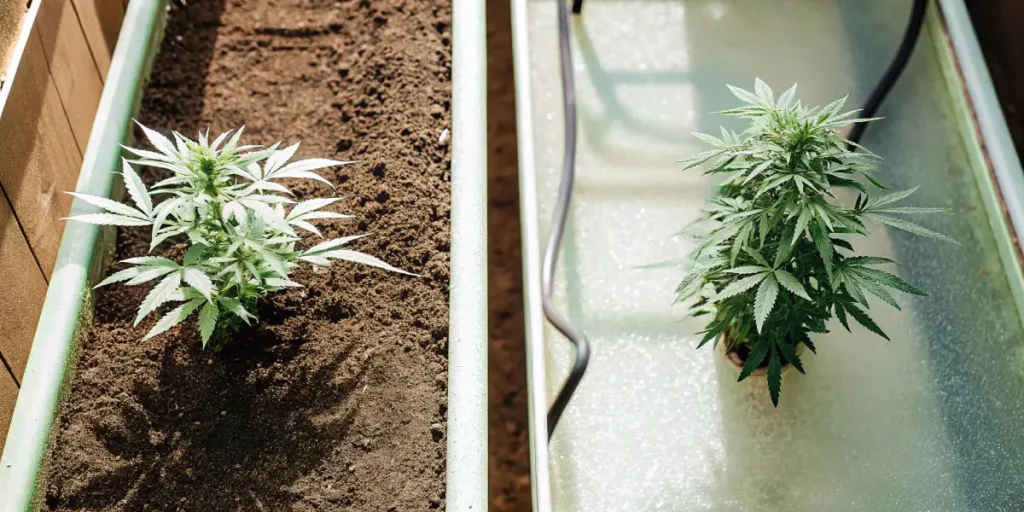
FAQs
What are the main differences in water management between soil and hydroponics?
The main differences lie in water usage and efficiency. Soil tends to require more water due to factors like evaporation and runoff. Hydroponics, by contrast, uses a recirculating system that minimizes water waste, making it more efficient.
In hydroponics, water and nutrients are delivered directly to the plant’s roots, which enhances efficiency and control. This system is ideal for growers looking to optimize their water management practices.
Knowing soil vs. hydroponics for water management in weed is crucial for efficient cultivation. Hydroponics offers precise control over watering schedules and nutrient delivery, which can lead to faster growth and higher yields.
For growers concerned with water conservation in hydroponic vs soil weed farming, hydroponics represents a forward-thinking approach. It not only reduces water waste but also supports a more sustainable and environmentally friendly growing method.
How does soil efficiency compare to hydroponics in weed cultivation?
Soil efficiency in weed cultivation is often measured by its natural ability to buffer nutrients and water. It’s more forgiving for beginners as it can absorb excess water. However, hydroponics delivers nutrients directly, leading to potentially faster growth and higher yields.
For example, certain cannabis strains like Grape Ape may benefit from the precise nutrient delivery that hydroponics offers, enhancing growth and yield outcomes.
The comparison of soil efficiency compared to hydroponics in weed cultivation reveals that while soil offers certain advantages for beginners, hydroponics provides a more controlled environment. This control can lead to greater consistency in plant health and yield.
Ultimately, the choice between soil vs. hydroponics for water management in weed depends on the grower’s priorities, such as ease of use, resource conservation, and desired outcomes. Hydroponics often appeals to those seeking a more scientific approach to cultivation.
Is hydroponic weed farming more sustainable than soil-based methods?
Yes, hydroponic weed farming is generally more sustainable in terms of water usage. It can use up to 90% less water than traditional soil methods, thanks to its recirculating system. This makes it an attractive option for environmentally conscious growers.
Besides to water savings, hydroponics often has a smaller environmental footprint, which contributes to overall sustainability in weed production.
Sustainable water management in weed production soil vs hydroponics highlights the efficiency of hydroponic systems in conserving resources. This method not only uses less water but also reduces the need for fertilizers and pesticides, further promoting sustainability.
While soil-based methods can be improved with eco-friendly practices, hydroponics’ inherent efficiency makes it a standout choice for those focused on minimizing environmental impact. This is a key consideration for progressive growers exploring soil vs. hydroponics for water management in weed.
Can soil-based weed growing methods be optimized for better water management?
Yes, soil-based methods can be optimized through various techniques. For instance, mulching can help retain moisture and reduce evaporation. Choosing the right soil type and amending it with organic matter can also improve water retention.
However, even with these optimizations, soil-based methods can’t usually match the water efficiency of hydroponic systems, which are designed to minimize waste and maximize growth.
For those practicing soil-based cultivation, incorporating water-saving techniques like drip irrigation and rainwater harvesting can support better water management. These practices contribute to a more sustainable approach, though not as efficient as hydroponics.
Knowing the nuances of soil vs. hydroponics for water management in weed can guide growers in enhancing their practices. Emphasizing soil efficiency compared to hydroponics in weed cultivation can lead to innovative solutions that bridge the gap between traditional and modern methods.
What are the implications of water management choices on cannabis strain selection?
Water management choices can significantly impact strain selection. For instance, strains that require consistent moisture levels, like Gelato, may thrive better in hydroponic systems where water levels are controlled.
Conversely, some strains are more resilient and can adapt to the natural fluctuations in soil. Knowing the water needs of specific strains can guide growers in choosing the appropriate growing medium.
The choice between soil vs. hydroponics for water management in weed can influence not only the health of the plants but also the quality and quantity of the yield. Different strains have unique water and nutrient requirements, making the growing medium selection crucial.
By aligning water management techniques with the specific needs of cannabis strains, growers can optimize their cultivation process. This highlights the importance of comparing water use in soil and hydroponic weed growing for effective strain development and production.


